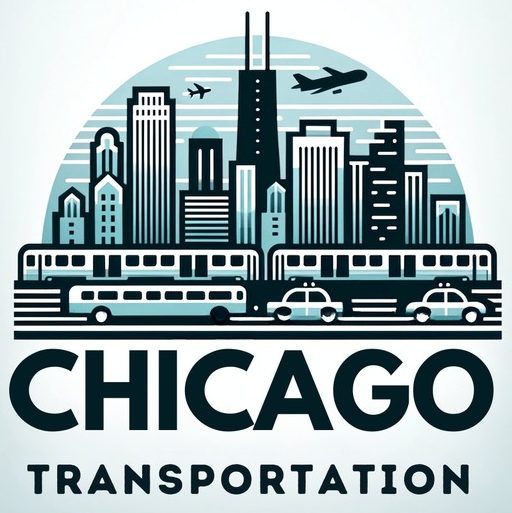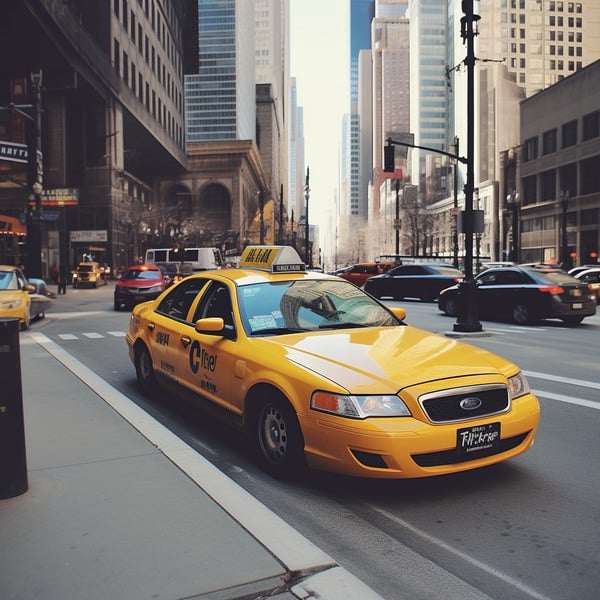The Risks of Riding in Unlicensed Taxis
When it comes to public transportation, safety and reliability are of utmost importance. In busy cities like Chicago, counterfeit taxis add a layer of risk for unsuspecting passengers. These fake taxis, often trying to cash in on high demand after events, pose significant dangers. By understanding the risks associated with riding in unlicensed taxis, passengers can make informed choices to protect themselves.
Unlicensed taxis are distinguishable by their lack of essential identifiers such as a medallion, taxi number, or license plate. This absence raises concerns about the legality of these vehicles and makes it challenging to trace them in case of accidents or lost items. These unlicensed taxis bypass annual city inspections, which are required safety measures for licensed vehicles.
Counterfeit Taxis and Their Risks
Counterfeit taxis, with their deceptive appearance, create a significant risk for passengers. One key danger stems from the lack of accountability and recourse in case of accidents or lost items. Since these unlicensed vehicles operate outside the regulated system, passengers have limited options for seeking compensation or resolving disputes.
Aside from the absence of accountability, unlicensed taxis often lack proper insurance coverage. This means that passengers are at risk of inadequate compensation for injuries or damages resulting from accidents. Furthermore, without regular city inspections, these vehicles may have undetected mechanical issues, posing a potential safety hazard for passengers.
In a concerning trend, some counterfeit taxis even use regular license plates instead of the distinctive colored license plates required for licensed vehicles. This further blurs the line between legitimate taxis and unlicensed operators, making it even more challenging for passengers to discern whether a taxi is genuine or counterfeit.
| Licensed Taxis | Counterfeit Taxis | |
|---|---|---|
| Identification | Display medallion, taxi number, and license plate | Lack of medallion, taxi number, or license plate |
| Insurance | Proper insurance coverage | No insurance |
| Vehicle Inspections | Regular city inspections | Bypass annual city inspections |
| License Plates | Distinctive colored license plates | Regular license plates instead of colored plates |
| Recourse | Options for reporting and seeking recourse | Limited options for reporting and resolving disputes |
Potential Scams by Legitimate Licensed Taxis
Although most licensed taxis in Chicago operate within the legal framework, it’s noteworthy to be aware of potential scams by a small fraction of licensed taxi drivers. After popular events or when bars shut down, some drivers may attempt to charge higher flat rate fees, taking advantage of increased demand. It’s paramount for passengers to be wary of such tactics and to verify that they are not being overcharged.
Another scam to be aware of is taxi drivers charging flat rates without running the meter or charging more than the meter price. This practice goes against regulations and can result in passengers paying more than they should for their ride. Passengers should always request that the meter be used and ensure that fares are calculated accurately.
Here is the summary of common scams that passengers should be cautious of:
| Scam | Description |
|---|---|
| Higher Flat Rate Fees | Charging increased flat rates after popular events or bar closures |
| Charging Without Meter | Not running the meter and charging a flat rate without considering the meter price. |
| Overcharging | Charging more than the meter price by manipulating fare calculation or adding additional fees |
By familiarizing themselves with these potential scams, passengers can protect themselves from fraudulent practices and ensure fair and safe travels.
Reporting and Alternatives
To combat the risks associated with unlicensed taxis and potential scams, passengers must be proactive. In Chicago, if a passenger encounters a driver charging a higher flat rate or suspects a taxi to be counterfeit, they should report the incident by calling the non-emergency number, 311. By reporting such incidents, passengers contribute to the community’s safety as a whole.
Passengers can also utilize ride-hailing apps like Uber or Lyft, confirming the vehicles and drivers are properly licensed. These apps provide an extra layer of security, as the drivers undergo thorough background checks, and their vehicles are subject to regular inspections.
Riding in unlicensed taxis in Chicago presents a range of dangers, including a lack of accountability, potential scams, and compromised safety. It is paramount for passengers to exercise caution and remain vigilant while using public transportation. By understanding the risks associated with counterfeit taxis and potential scams by licensed drivers, passengers can make informed choices to protect themselves.
Reporting incidents of unlicensed taxis or suspicious behavior is essential to maintaining a safe transportation environment. Passengers should use the provided non-emergency number, 311, to report any incidents and contribute to the city’s overall safety.
In an era of technology-driven transportation, ride-hailing apps like Uber or Lyft offer viable alternatives to traditional taxis. These platforms assure that passengers are matched with licensed drivers and vehicles, providing peace of mind and a reliable transportation experience.
By prioritizing safety, awareness, and reporting, passengers can navigate the challenges associated with unlicensed taxis and make well-informed choices to protect themselves and others.

